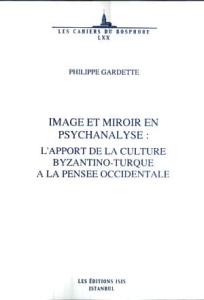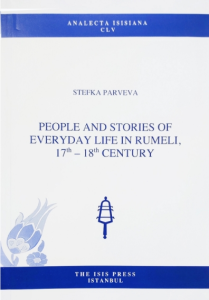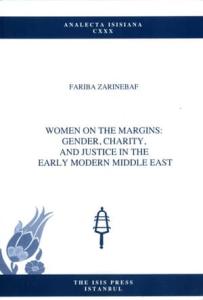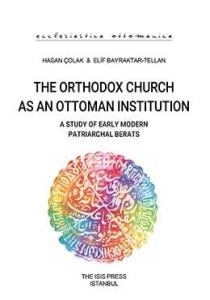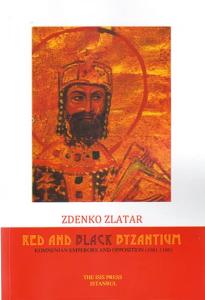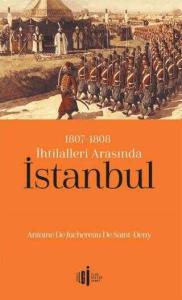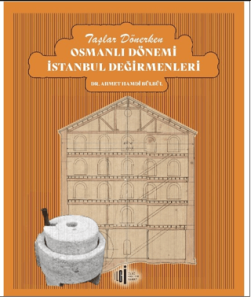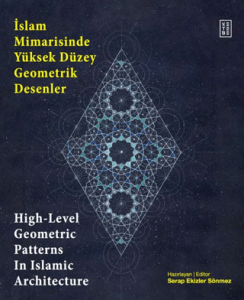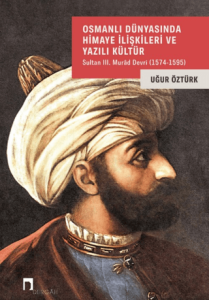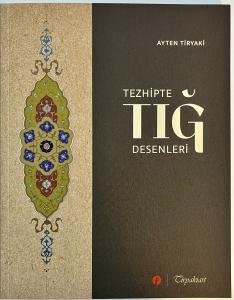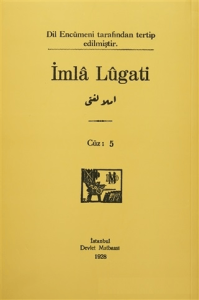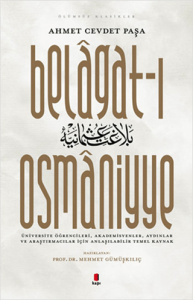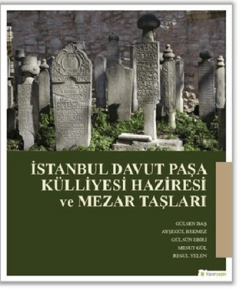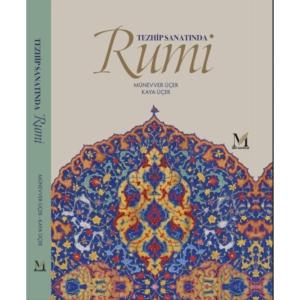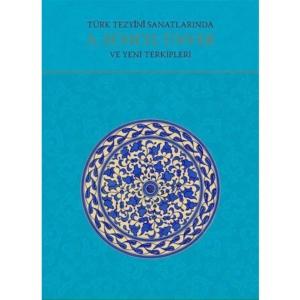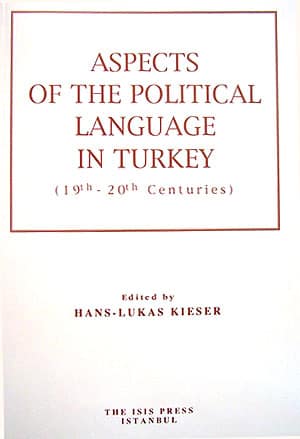
Hans-Lukas Kieser edits here a collection of articles on language and the use of language in the Ottoman Empire and Turkey. With contributions from leading scholars, the volume seeks to explore this issue as it changed with the political climate ? from the reform and modernisation efforts of the nineteenth century through to the nationalism of the early republican era. For example, Johann Strauss writes on the linguistic aspects of a cross-denominational Ottoman identity. Claudia Römer discusses journalistic Ottoman Turkish in the Tanzimat era. Hamit Bozarslan and Erik-Jan Zürcher look at the vocabulary employed by the Young Turks and the Kemalists respectively. These and the other authors present in this volume all point to how language was used for political or ideological purposes, with modern terminology slowly replacing traditional words and meanings from classical Ottoman. Additionally, Elise Massicard takes the reader through the development of a language surrounding the Alevi minority in the twentieth century. The eight papers were originally presented at the panel of the German Orientalistentag in Bamberg in March, 2001.
Hans-Lukas Kieser edits here a collection of articles on language and the use of language in the Ottoman Empire and Turkey. With contributions from leading scholars, the volume seeks to explore this issue as it changed with the political climate ? from the reform and modernisation efforts of the nineteenth century through to the nationalism of the early republican era. For example, Johann Strauss writes on the linguistic aspects of a cross-denominational Ottoman identity. Claudia Römer discusses journalistic Ottoman Turkish in the Tanzimat era. Hamit Bozarslan and Erik-Jan Zürcher look at the vocabulary employed by the Young Turks and the Kemalists respectively. These and the other authors present in this volume all point to how language was used for political or ideological purposes, with modern terminology slowly replacing traditional words and meanings from classical Ottoman. Additionally, Elise Massicard takes the reader through the development of a language surrounding the Alevi minority in the twentieth century. The eight papers were originally presented at the panel of the German Orientalistentag in Bamberg in March, 2001.

